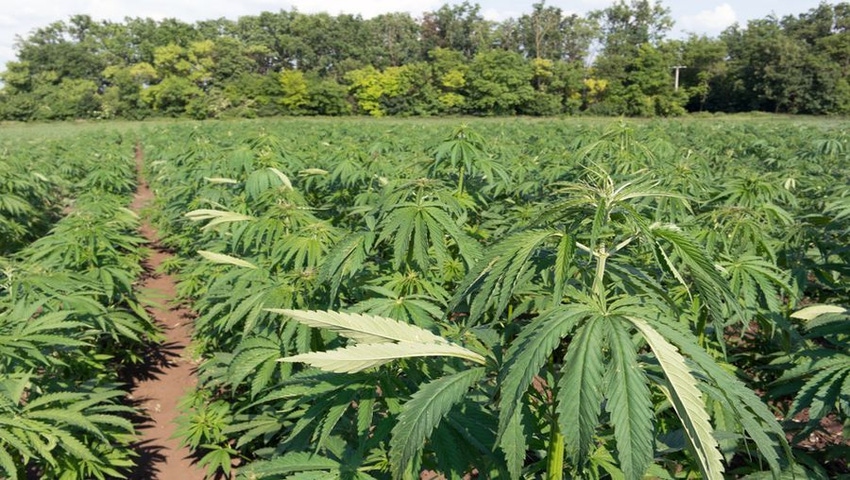Bob Hoban, a Denver-based attorney whose law firm filed the petition with the U.S. Court of Appeals for the Ninth Circuit, said DEA’s rule exceeded its authority and could threaten scores of businesses.

The Hemp Industries Association (HIA) on Friday filed a petition for review with a federal appeals court, seeking to overturn a ruling adopted by the Drug Enforcement Administration (DEA). Two other plaintiffs, Centuria Natural Foods Inc. and RMH Holdings LLC, joined in the petition.
DEA’s final rule, establishing a new drug code for marijuana extracts, has raised concerns for a nascent industry that markets hemp oil, or CBD, as a natural product or dietary supplement.
Bob Hoban, a Denver-based attorney whose law firm filed the petition with the U.S. Court of Appeals for the Ninth Circuit, said DEA’s rule exceeded its authority.
“This final rule serves to threaten hundreds, of not thousands, of growing businesses, with massive economic and industry expansion opportunities, all of which conduct lawful business compliant with existing policy as it is understood and in reliance upon the federal government," Hoban declared in a statement.
In December, DEA announced a final rule to create a new Administration Controlled Substances Code Number for marijuana extract—clarifying in response to a comment submitted to the agency that CBD or cannabidiol would fall within the new drug code. Marijuana extracts would continue to be treated as Schedule 1 controlled substances, DEA asserted.
Plaintiffs argued DEA neglected to follow procedures or make findings required by the law to add new substances to the schedules of the Controlled Substances Act (CSA).
"Additionally, the final rule creates this new drug code, indicative of being a controlled substance, for substances which are in fact not controlled pursuant to the CSA," the petition declared. "Specifically, the final rule dictates that the mere presence of 'cannabinoids,' which are not controlled substances, is the determinative factor of whether a compound is a 'marihuana extract.'"
What's more, HIA’s petition argued, DEA's rule “overbroadly defines ‘marihuana extract,’" without recognizing that the Agricultural Act of 2014—or Farm Bill—exempted certain portions and varieties of the plant Cannabis sativa L. from the CSA and/or from being treated as controlled substances entirely. The rule also may violate other federal laws as well, including the Data Quality Act, Regulatory Flexibility Act and Congressional Review Act, according to the Jan. 13 petition.
Neither the DEA nor the U.S. Department of Justice immediately responded to requests for comment. However, in a recent phone interview with INSIDER, a DEA spokeswoman, Barbara Carreno, laid out the agency's position on CBD.
“CBD has always been Schedule 1 because—and I want to make this real clear because people aren’t getting this—Congress wrote the Controlled Substances Act back in the ‘70s," she said. “When they wrote the Controlled Substances Act, they put marijuana—and anything derived from the marijuana plant—in Schedule 1. DEA never put marijuana in Schedule 1. The law came to us that way from Congress."
About the Author(s)
You May Also Like






.png?width=800&auto=webp&quality=80&disable=upscale)